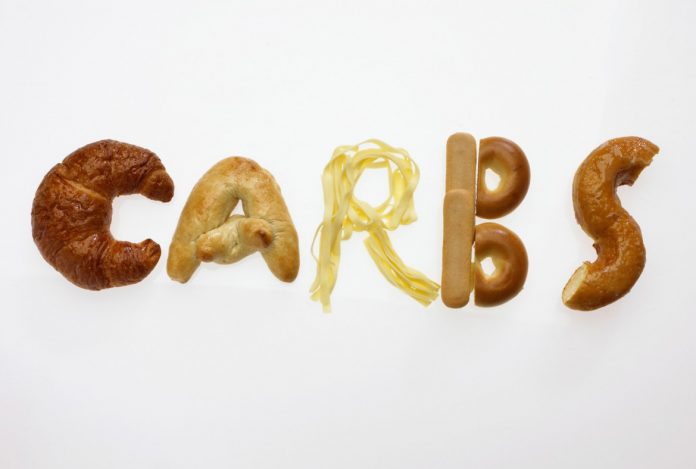The human body uses three main sources of energy: carbohydrates, proteins, and fats. The ability to run, swim, ski, and generally survive results from the ability of the body to extract energy from food. Each of the different fuel sources – carbohydrates, protein, and fat – follow different metabolic pathways in the body but they generate water, carbon dioxide, and a chemical energy know as adenosine triphosphate (ATP).
Carbohydrates such as sugar and starch are readily broken down into glucose and as a result they have a more significant effect on blood sugar levels than proteins or fats. The spike in sugar in the blood caused by carbohydrates is the reason why individuals diagnosed with diabetes need to aware of their importance.
Which foods contain carbohydrates?
Carbohydrates are found in varying amounts in most foods. Foods high in starch such as rice, pasta, and flour tend to be relatively high in carbohydrates.
Carbohydrates are also found in fruits.
Pineapple (16g of sugar per slice), pears (17g of sugar per medium-sized pear), and bananas (17g of sugar per large banana) are high in carbohydrates. Peaches (9g of sugar per 100g), avocados (9g of sugar per 100g), and watermelon (8g of sugar per 100g) are low in carbohydrates.
Carbohydrates are also found in vegetables.
Potatoes, parsnips, and root vegetables are usually high in carbohydrates. Cruciferous vegetables such as broccoli are low in carbohydrates as are bell peppers, spinach, mushrooms, cauliflower, and green beans.
How much carbohydrate is recommended for diabetics?
There is no concensus on the amount of carbohydrates a diabetic person should consume in a day and it is a subject which is widely debated within the diabetes community.
The Scientific Advisory Committee on Nutrition (SACN) argues that the amount of carbohydrates should be the same whether or not a person is diabetic. According to the SACN around 50% of a persons total calories should come from carbohydrates. Therefore, a person who consumes between 2000 and 2500 calories in a day should consume between 250g and 300g of carbohydrates. This recommendation has been adopted by the National Health Service (NHS) in the UK but has been criticised by some who say that the percentage is too high for many people and it does not allow them to maintain good blood sugar levels. They argue that this amount does nothing to stabilise blood sugar levels for the long-term which results in the individual having to increase their dose of medication over time.
Types of Carbohydrates
There are different types of carbohydrates. Simple carbohydrates are sugars. They are broken down very quickly by the body and result in a quick spike in blood sugar level. Complex carbohydrates are starches. They are broken down much slower than simple carbohydrates and, therefore, allow the blood sugar to raise more slowly and remain stable for a longer period of time. The exception to this rule is refined carbohydrates which are found, for example, in white bread. Refined carbohydrates convert quickly into glucose and, therefore, cause a quick spike in blood sugar. Whole grain foods are a better option as they contain more fiber. The result is that the blood sugar does not spike so quickly.
The post Carbohydrates and Diabetes appeared first on The Leader Fitness.





